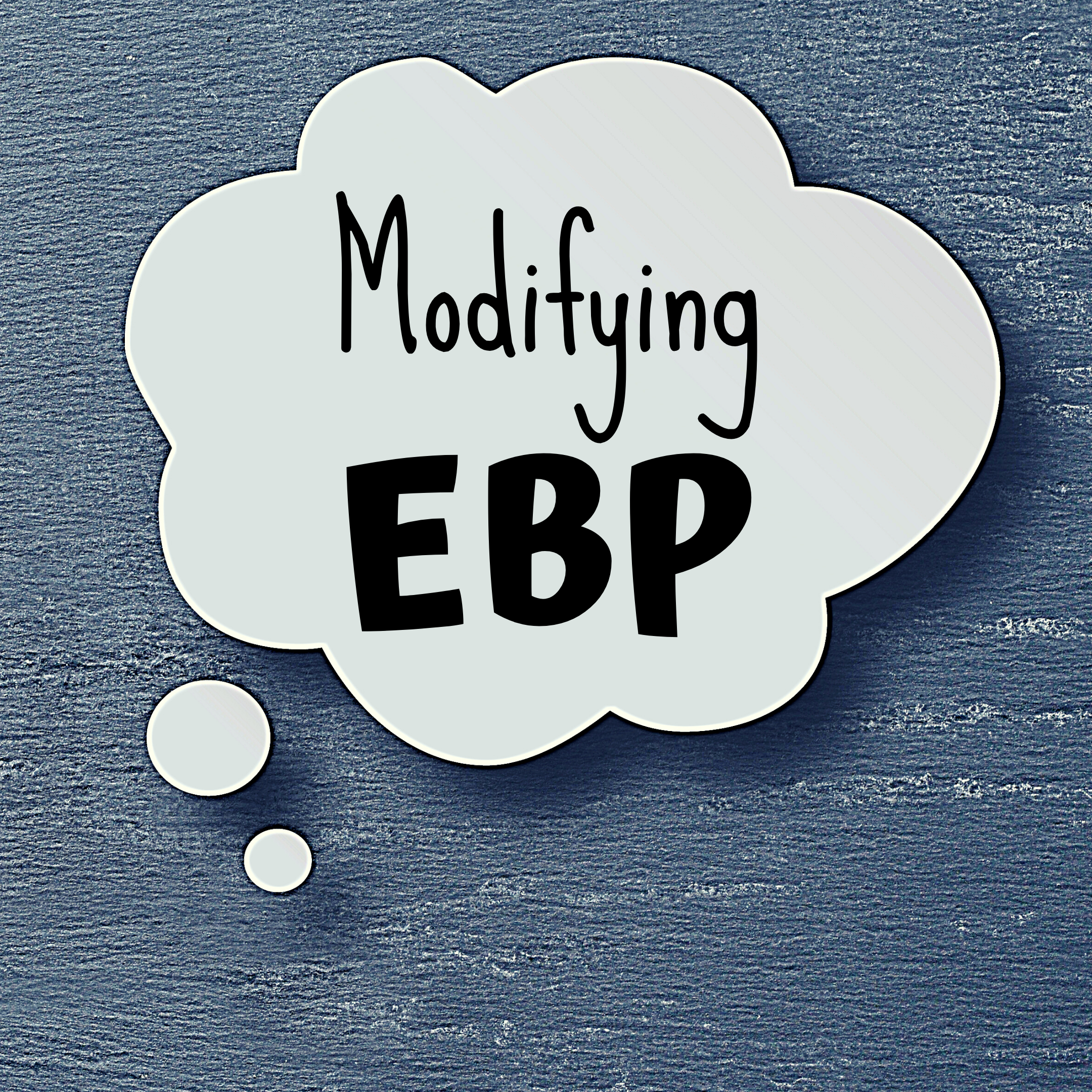Hacking the ACT (Anagram and Copy Treatment)
The impetus
I was on a quest to improve and expand the tools in my arsenal to address reading, writing, and spelling deficits concerning my patients. I didn’t feel like I had effective tools to really help them.
So I started researching and asking around and trialing new things in therapy. It was messy. My first tries were meager, paltry, sad little attempts. I lacked confidence and it was apparent. But as I learned with each patient what was working and what wasn’t, I refined the process and began to see results.
Grab a bag of EBP from your local thrift store
on to ACT
One of the Evidence Based Practice (EBP) tools I found was Anagram and Copy Treatment (ACT). When I first came across ACT, I thought “Seriously? Bananagrams is EBP now?”
I wondered how something so simple as arranging letter tiles into words could count as providing evidence-based therapy. Have I been over-complicating things? Can evidence-based therapy be… “simple?”
side note
No shade to the wonderful, dedicated, hard working researchers who labored over building a research plan, getting it IRB approved, implementing the research plan, dealing with the evils of statistics, writing a manuscript, submitting the paper to journals, re-writing, re-submitting, and FINALLY seeing all their hard work in print. If I call your technique simple, I think that’s a compliment to making something easy to implement in clinical practice. But still… Bananagrams, y’all.
Write to dictation task at baseline and at post-treatment.
back to ACT:
By combining a few EBP techniques and modifying them to meet the complexity level my patient needed, I was rewarded with a patient making gains in therapy! Every SLP’s dream! This before-and-after picture shows the progress a patient made after undergoing 12 therapy sessions with the implementation of a modified version of ACT, MOR, and CART. The patient was blown away by the change.
I absolutely love when neuroplasticity, EBP, and a patient’s motivation combine to result in such great functional gains. As a clinician, it is so rewarding when you are able to track these improvements and changes over time to show your patient how far they’ve come.
conclusion
Am I an expert on ACT? Heck no. Am I an expert on hacking ACT? Sure, why not.
So what I’m going to do is share how I’ve modified ACT because there are already great resources that show you how to use ACT (the intended way). I don’t need to reinvent that particular wheel. But I will lead you down the path of modification and enlighten you to the joys of adaptation. Just make sure you take a gander at the original research and resources that can teach you how to actually use ACT before you go all haywire on it like me. That’s all I ask.
once you know how to “ACT” as intended…
Learn how to modify and adapt it for your high level and low level patients
guides for implementing act
act research
Ball, A. L., de Riesthal, M., Breeding, V. E., & Mendoza, D. E. (2011). Modified ACT and CART in severe aphasia. Aphasiology, 25(6-7), 836-848.
Beeson, P. M. (1999). Treating acquired writing impairments: Strengthening graphemic representations. Aphasiology, 13, 767-785.
Beeson, P. M., Hirsch, F. M., & Rewega, M. A. (2002). Successful single-word writing treatment: Experimental analyses of four cases. Aphasiology, 14(4-6), 473-491.
Beeson, P. M., Rising, K., & Volk, J. (2003). Writing treatment for severe aphasia: Who benefits? Journal of Speech, Language, and Hearing Research, 46, 1038-1060.
Raymer, A., Cudworth, C., & Haley, M. (2003). Spelling treatment for an individual with dysgraphia: Analysis of generlaisation to untrained words. Aphasiology, 17(6-7), 607-624.
CHECK OUT THE SPEECH UNCENSORED PODCAST
Covering all topics on the medical SLP scope of practice. Available for ASHA CEUs. Playing across all major podcast platforms (Apple Podcasts, Google Podcasts, Stitcher, Spotify, etc.). New episodes weekly.






